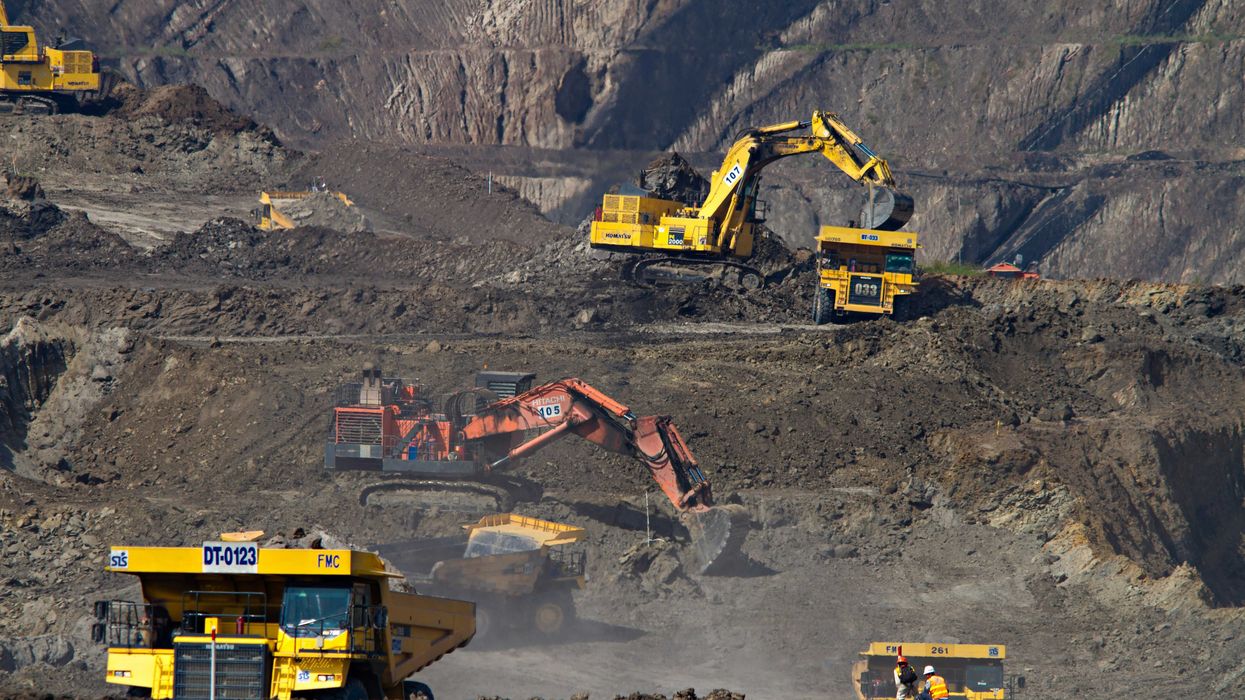Humpback whales have made a comeback in the North Pacific, but climate change now threatens their breeding and feeding grounds, potentially disrupting decades of recovery.
Riley Farrell reports for the BBC.
In short:
- Humpback whale populations have rebounded in the Salish Sea thanks to conservation efforts, but climate change could undermine this recovery.
- Rising ocean temperatures threaten humpbacks' breeding areas, with predictions that up to 67% of their breeding grounds may become unsuitable by the end of the century.
- Changes in krill populations and shifting migration patterns could further complicate humpbacks' survival.
Key quote:
“I was mortified seeing breeding ground after breeding ground turning red in our simulation.”
— Hannah von Hammerstein, University of Hawaii
Why this matters:
Humpback whales are a keystone species in marine ecosystems, and their survival is closely tied to ocean health. Climate-driven changes to their habitats could have cascading effects on the entire food web, impacting biodiversity and human livelihoods alike. If we don’t address the root causes of climate change, we might witness one of the ocean's most celebrated conservation successes unravel in real time. Read more: Surprise! Unexpected ocean heat waves are becoming the norm.














